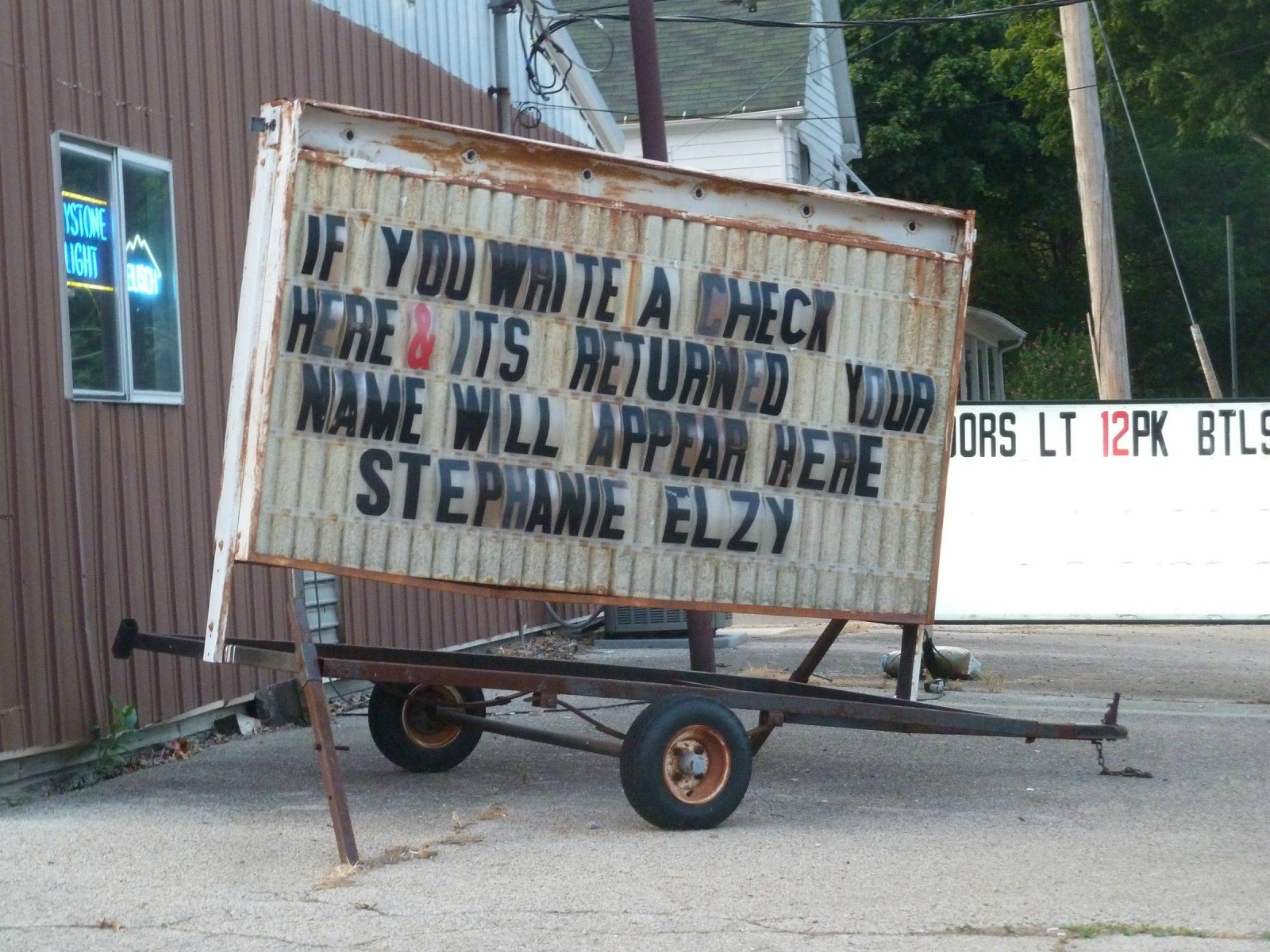
Homeowners struggling with troubled mortgage loans were supposed to be given some financial relief last week, but instead were dealt another blow — right in the pocketbook.
After months of debates and bargaining, the Federal Reserve and the Office of the Comptroller of the Currency announced last week that they garnered a $3.6 billion settlement with the nation’s biggest banks. The money was to be issued to about 1.4 million homeowners, many of whom had been waiting for a settlement for about two years after they were wrongfully evicted or foreclosed upon.
But when many of these homeowners went to cash their settlement checks last week, the checks bounced because of insufficient funds by the banks.
Ronnie Edward is a 38-year-old man whose home was wrongfully sold in a foreclosure auction. He said that when his $3,000 check arrived in the mail, he immediately went to his local bank in Tennessee and tried to cash it. When the teller told Edward the funds were not available, he says he was taken aback.
Michael Redman is a paralegal who runs a website for victims of foreclosure abuse called 4closurefraud.org. He said he received 15 emails on Tuesday from homeowners whose checks bounced. “It’s the perfect ending for such a debacle,” he says.
Perfect ending goes very wrong
The “debacle” began about two years ago when a federal investigation was launched into the wrongful foreclosures. A settlement was reached in January, but the checks were delayed for weeks, with the first round of checks mailed just last week. Many of the delays and problems with the checks have been blamed on problems at Rust Consulting — the firm chosen to distribute the checks.
Rust allegedly failed to move the $3.6 billion they collected from the banks into a central account at Huntington National Bank in Ohio, which is where the checks to the homeowners came from.
Some bank tellers noticed a phone number for Huntington on the back of the checks and agreed to process the payment after confirming the legitimacy of the money. But for a majority of homeowners, the credit unions, check cashers and community banks they took their checks to apparently looked only at the account number on the unfamiliar-looking checks and ultimately found a zero balance.
After news of the incident spread, the Federal Reserve issued a statement saying that Rust had corrected the problem and said the Federal Reserve would monitor the payments closely.
James Parks, a senior vice president at Rust also issued a statement apologizing for the error. “We apologize to anyone who experienced problems trying to cash their checks,” he said. “We are working hard and communicating with the banking regulators, the servicers and other banks to ensure those issues are not repeated.”
Rust has also issued a statement saying that they were only aware of 12 situations in which the checks could not be processed, but regulators said that by the end of the day on Tuesday, only about 25 percent of the checks had been cashed or deposited. This means that more than 1 million people had either not cashed their check or had problems doing so.
To help homeowners affected by the check snafu, some housing advocates, such as the Northside Bank Tenant Association in Boston, held a meeting to address questions from homeowners.
Originally published by Mint Press.
3 WAYS TO SHOW YOUR SUPPORT
- Log in to post comments












